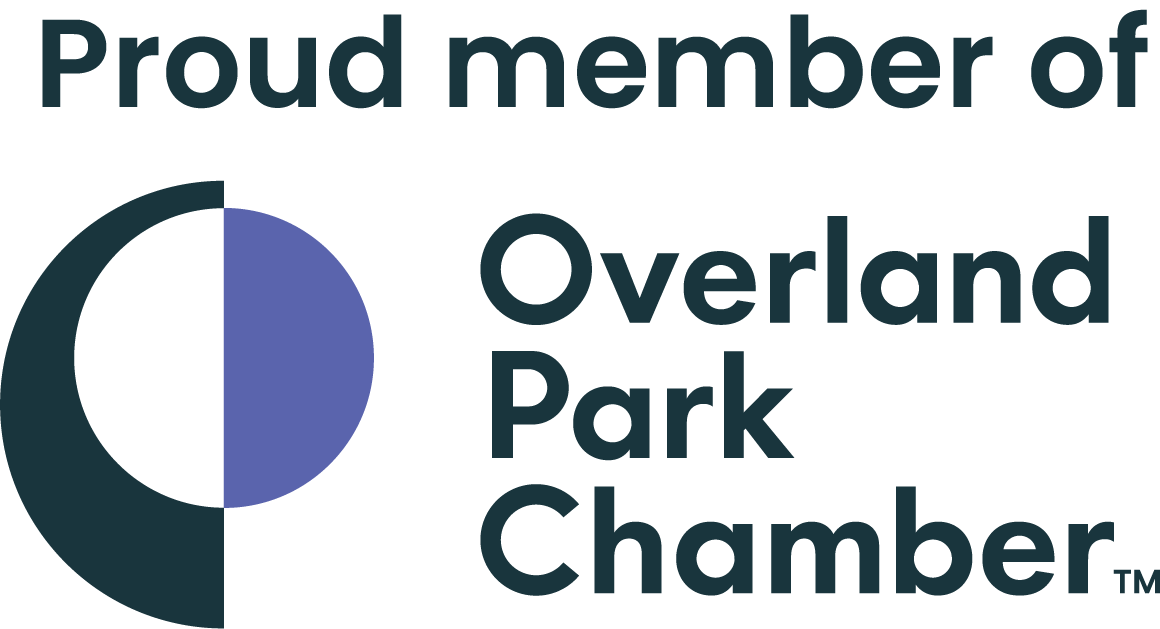Fourth Circuit Clarifies Insurer Obligations in Overlapping Coverage Dispute
In Hartford Fire Insurance Co. v. Chubb Custom Insurance Co., the Fourth Circuit resolved a dispute between two major insurers over who should foot the bill for defending and settling a lawsuit against a mutual policyholder. If your company holds multiple insurance policies—or you rely on vendors or contractors who do—this decision matters.
Why it could affect your business:
- You’ve Got Multiple Policies Covering the Same Risk
When a general contractor (WDF) was sued in a construction defect case, both Hartford (primary CGL insurer) and Chubb (excess insurer for a subcontractor) had policies that potentially covered the loss. Hartford defended WDF and covered a $1.6 million settlement and then turned to Chubb for reimbursement.
Takeaway: If you’re covered by more than one policy (or covered under someone else’s), don’t assume the primary insurer will bear the full burden, especially if the damages cross into excess territory.
- You Want to Know When Another Insurer Must Step In
Chubb argued it wasn’t responsible because its policy only kicked in after exhaustion of the underlying limits, including defense costs. But the court held that Chubb’s policy was triggered when the settlement itself exceeded underlying limits, regardless of defense costs.
Takeaway: Policy language matters and so does how courts interpret “exhaustion.” If you’re facing layered insurance coverage, get clarity early on when excess policies may be triggered.
- You’re Tired of Footing the Whole Bill When Others Should Help
The court said Hartford could recover under equitable subrogation and unjust enrichment, because it paid to protect a party that Chubb also insured and Chubb benefited from Hartford’s payments.
Takeaway: If your insurer shoulders the burden in a shared coverage situation, they might later recover from another insurer. And if roles are reversed, your insurer could be the one on the hook.
This case is a reminder that insurance disputes don’t always end with a claim check. If you or your vendors have multiple policies or rely on complex coverage structures, you need to understand how insurers coordinate and when you might become involved as the policyholder.
This post is for informational purposes only and does not constitute legal advice. If you have questions about your specific situation, you should contact a lawyer for assistance. Nothing herein is intended to create any attorney-client relationship between you and DLM LAW.




